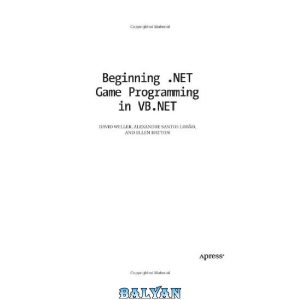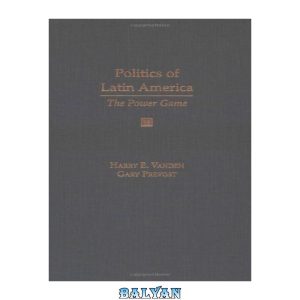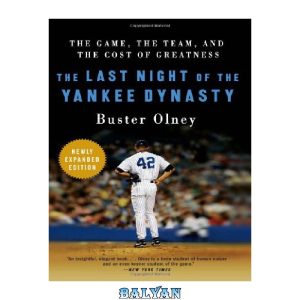Much of late-nineteenth-century American politics was parade and pageant. Voters crowded the polls, and their votes made a real difference on policy. In Party Games, Mark Wahlgren Summers tells the full story and admires much of the political carnival, but he adds a cautionary note about the dark recesses: vote-buying, election-rigging, blackguarding, news suppression, and violence. Summers also points out that hardball politics and third-party challenges helped make the parties more responsive. Ballyhoo did not replace government action. In order to maintain power, major parties not only rigged the system but also gave dissidents part of what they wanted. The persistence of a two-party system, Summers concludes, resulted from its adaptability, as well as its ruthlessness. Even the reform of political abuses was shaped to fit the needs of the real owners of the political system–the politicians themselves.
ترجمه فارسی (ترجمه ماشینی)
بیشتر سیاستهای آمریکا در اواخر قرن نوزدهم رژه و نمایش بود. رای دهندگان محل های رای گیری را شلوغ کردند و آرای آنها تفاوت واقعی در سیاست ایجاد کرد. در «بازیهای پارتی»، مارک والگرن سامرز داستان کامل را تعریف میکند و بسیاری از کارناوالهای سیاسی را تحسین میکند، اما او یک یادداشت هشداردهنده در مورد فرورفتگیهای تاریک اضافه میکند: خرید رای، تقلب در انتخابات، محافظهکاری سیاه، سرکوب اخبار و خشونت. سامرز همچنین اشاره می کند که سیاست هاردبال و چالش های شخص ثالث به پاسخگویی بیشتر احزاب کمک کرده است. Ballyhoo جایگزین اقدامات دولت نشد. برای حفظ قدرت، احزاب بزرگ نه تنها سیستم را تقلب کردند، بلکه بخشی از آنچه را که می خواستند به مخالفان دادند. سامرز نتیجه می گیرد که تداوم یک سیستم دو حزبی ناشی از سازگاری و همچنین بی رحمی آن است. حتی اصلاح سوء استفادههای سیاسی متناسب با نیازهای صاحبان واقعی نظام سیاسی – خود سیاستمداران – شکل گرفت.












نقد و بررسیها
هنوز بررسیای ثبت نشده است.